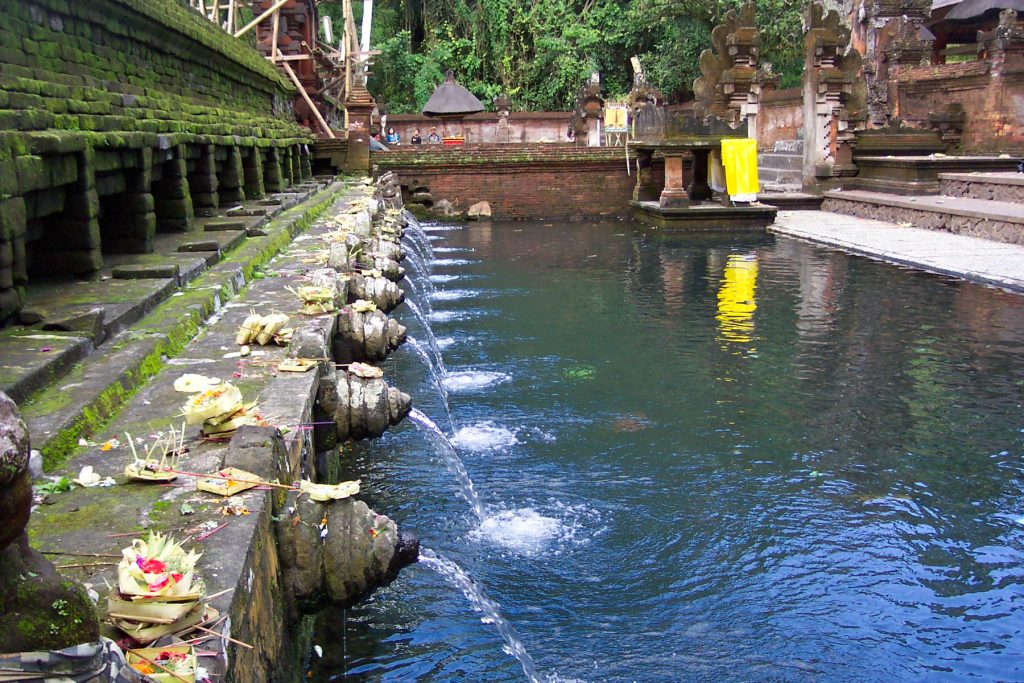Perhaps the most obvious realization when conducting this social profile check online was the recognition that my hometown is seemingly unknown to the Internet. To receive a proper response, I was forced to include different buzzwords such as ‘Hamilton’, or ‘McMaster’, and even then, the results were slim and often found between results for a particular actor and their recent role in the hit film, Nosferatu. The most recent update is the creation of a LinkedIn profile which I barely use follow by Instagram tags from people I haven’t spoken to in over five years. Naturally this is not an ideal situation for an individual who is trying to get their name out there in order to get a career. For years I’ve taken a relatively firm standpoint that social media doesn’t need all the intimate details of my life, and while I still agree, there is a happy medium that I should be leaning into more if I want to get my name out there. Especially if I want to overwhelm the popularity of other ‘Nicholas’ out there.
I think the threat of the Internet is that, naturally, everything exists there forever. Your online footprint is only as corralled as the extent of items you publish yourself or have published on your behest and depending on the position that you take, it can cause difficulty when finding future careers. This is extremely the case in academia, where students, colleagues, supervisors, etc. can find you with a quick Google search. I hope to produce more of a digital footprint, both personally and professionally. I want people to know what I’ve done and hope to do, but I also want it to be a thing I do for myself as well. I think the following is a good starting point.
- Produce an online website or engage in a blog forum where I can share brief posts about future project ideas I have. Dolly Jørgensen’s chapter, “A new place for stories: Blogging as an environmental history research tool” was a fascinating influence in this regard.
- Seek out external digital opportunities that can relate to my research interests. This could be engaging in a forum, or podcasting, or submitting to writing applications, etc.
- Develop stronger technical skills that will allow me to engage more fully in a proper, professional looking manner. Personally, the fear of producing a mediocre product has stopped me from a lot of online participation.
“In short, we need to reduce the toxicity that comes from the culture of overwork to create a more healthy workplace environment for both faculty and students. I imagine it would lead to better scholarship as well.” (Moss, Laura. “Sustaining the Humanities.” Canadian Literature 219, (2013): 6 – 15)

Bali – Pura Tirta Empul Temple (Sacred Water), 2004. Source: BMR & MAM, Flickr.
Why Are Sundays So Depressing – The Strokes from The New Abnormal (2020)

One response to “Salt Social Assignment”
This is a great reflection on your online presence and a major competing identity! Along with your great action plan sketched out above, it may be worth re-engaging with your LinkedIn profile as you near the end of your degree and possibly look to life beyond academia. It’s not the most natural online home, but it is well-used and employers to engage with it.